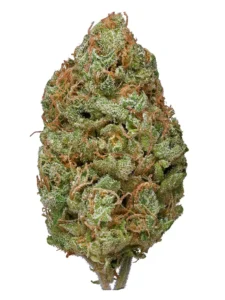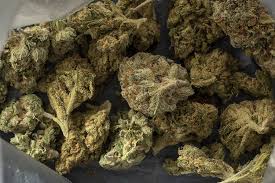Can You Get Addicted To Weed, As cannabis legalization continues to expand across many parts of the world, a common question arises: can you get addicted to weed? While many users report positive experiences, others express concerns about potential dependence. This article aims to explore the nature of cannabis addiction, the signs of dependency, and the broader implications of using marijuana.
Understanding Cannabis Use
Cannabis, commonly referred to as weed, is often used for recreational or medicinal purposes. It contains active compounds called cannabinoids, with tetrahydrocannabinol (THC) being the most well-known for its psychoactive effects. While many people enjoy cannabis without adverse effects, others may develop problematic usage patterns.
The Science of Addiction
Addiction is generally defined as a chronic disorder characterized by compulsive drug seeking and use, despite harmful consequences. According to research, approximately 9% of individuals who use cannabis may develop a dependency on it, a figure that increases to about 17% for those who start using it in their teens. The likelihood of developing a dependence can be influenced by several factors, including:
- Frequency of Use: Regular, heavy use increases the risk of dependency.
- Age of Onset: Those who begin using cannabis at a younger age are at a higher risk.
- Genetics: Some individuals may have a genetic predisposition to addiction.
- Mental Health: Those with underlying mental health issues may use cannabis as a coping mechanism, increasing the risk of dependency.
Signs of Cannabis Dependency
Identifying cannabis dependency can be challenging, as many users do not recognize their habits as problematic. However, some common signs include:
- Increased Tolerance: Needing more cannabis to achieve the same effects.
- Withdrawal Symptoms: Experiencing irritability, insomnia, or loss of appetite when not using.
- Compulsive Use: Using cannabis despite knowing it’s causing problems in one’s personal, social, or professional life.
- Neglecting Responsibilities: Prioritizing cannabis use over important activities or obligations.
The Debate on Cannabis Addiction
The notion of cannabis addiction remains a contentious topic. While some experts argue that cannabis is less addictive than substances like alcohol, nicotine, or opioids, others emphasize the potential for dependency. The concept of addiction itself is evolving, with more focus being placed on individual experiences and the social context of use.
Treatment and Recovery
For those who find themselves struggling with cannabis dependency, treatment options are available. Cognitive-behavioral therapy (CBT), motivational enhancement therapy, and support groups can be effective in addressing problematic cannabis use. Recognizing the need for help is the first step toward recovery, and many resources are available to assist individuals on their journey.
Conclusion
In summary, while not everyone who uses cannabis will develop an addiction, it is indeed possible for some individuals to become dependent. Understanding the risks and signs of cannabis dependency is crucial for users to make informed choices about their consumption. If you or someone you know is struggling with cannabis use, seeking help can lead to a healthier relationship with cannabis and overall well-being.
As societal perceptions of cannabis continue to change, ongoing education about its potential for addiction will play an essential role in promoting responsible use and ensuring the well-being of individuals and communities.
You Might Also Like These:



